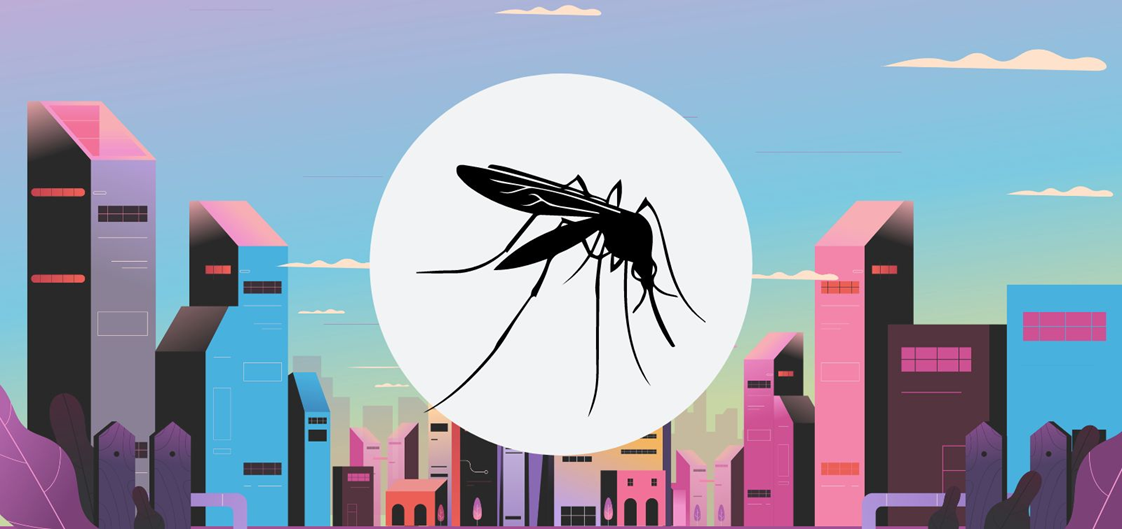- Courses
- GS Full Course 1 Year
- GS Full Course 2 Year
- GS Full Course 3 Year
- GS Full Course Till Selection
- Answer Alpha: Mains 2025 Mentorship
- MEP (Mains Enrichment Programme) Data, Facts
- Essay Target – 150+ Marks
- Online Program
- GS Recorded Course
- Polity
- Geography
- Economy
- Ancient, Medieval and Art & Culture AMAC
- Modern India, Post Independence & World History
- Environment
- Governance
- Science & Technology
- International Relations and Internal Security
- Disaster Management
- Ethics
- NCERT Current Affairs
- Indian Society and Social Issue
- NCERT- Science and Technology
- NCERT - Geography
- NCERT - Ancient History
- NCERT- World History
- NCERT Modern History
- CSAT
- 5 LAYERED ARJUNA Mentorship
- Public Administration Optional
- ABOUT US
- OUR TOPPERS
- TEST SERIES
- FREE STUDY MATERIAL
- VIDEOS
- CONTACT US
Anopheles Stephensi
Anopheles Stephensi
01-06-2024

The spread of the Anopheles stephensi mosquito species across Africa presents a major challenge to a continent already burdened by malaria.
About Anopheles stephensi:
- The South Asian native that is a malaria vector is the Anopheles mosquito. Specifically, several species within the Anopheles genus are responsible for transmitting malaria parasites to humans.
- It transmits both Plasmodium falciparum and P. vivax, with the ability to adapt rapidly to environmental changes and thrive in both rural and urban areas.
- This differs from African malaria vectors, typically found in rural areas.
- Anopheles stephensi thrives in urban settings near humans, laying eggs in any available water sources.
- Its eggs can survive dry periods for extended durations.
- Anopheles stevensi feeds on its vertebrate host both indoors and outdoors, reducing the efficacy of vector control methods like insecticide-treated nets and indoor residual spraying.
Concerns:
- Anopheles stephensi poses a threat similar to Aedes mosquitoes, carriers of severe diseases such as dengue, yellow fever, chikungunya, and Zika.
- The invasion of urban mosquitoes into Africa jeopardizes the continent's malaria elimination goals, considering 42.5% of Africa's population resides in urban areas.
What is Zika Virus?
- Zika virus is a mosquito-borne flavivirus that was first identified in Uganda in 1947.
- It is primarily transmitted to people through the bite of an infected Aedes species mosquito (Aedes aegypti and Aedes albopictus), which are also known to transmit dengue, chikungunya, and yellow fever.
Transmission:
-
Mosquito bites: This is the most common mode of transmission.
-
Sexual contact: Zika can be transmitted through sexual contact with an infected person.
-
Mother to fetus: Pregnant women can pass the virus to their fetus during pregnancy or around the time of birth.
-
Blood transfusion: In rare cases, Zika can be transmitted through blood transfusion.
Symptoms:
Most people infected with Zika virus don't develop symptoms. However, those who do typically experience mild symptoms, including:
- Fever
- Rash
- Headache
- Joint pain
- Muscle pain
- Conjunctivitis (red eyes)
Complications:
Zika virus infection during pregnancy can cause serious birth defects, including microcephaly (small head size) and other brain abnormalities. It can also lead to Guillain-Barré syndrome, a rare neurological disorder.
Prevention:
-
Avoid mosquito bites: Use insect repellent, wear long-sleeved shirts and pants, and use window screens or bed nets.
-
Practice safe sex: Use protection or abstain from sex if you or your partner have recently travelled to an area with Zika.
-
Travel precautions: Pregnant women should consider postponing travel to areas with Zika outbreaks.
Treatment:
There is no specific treatment for Zika virus infection. Symptoms are usually mild and resolve on their own. Rest, fluids, and over-the-counter pain relievers can help relieve symptoms.
Additional points:
- Zika virus outbreaks have occurred in many parts of the world, including Africa, the Americas, Asia, and the Pacific.
-
The World Health Organization (WHO) and other health organisations continue to monitor Zika virus activity and provide guidance on prevention and control measures.
Must Check: UPSC Coaching Institute In Delhi



